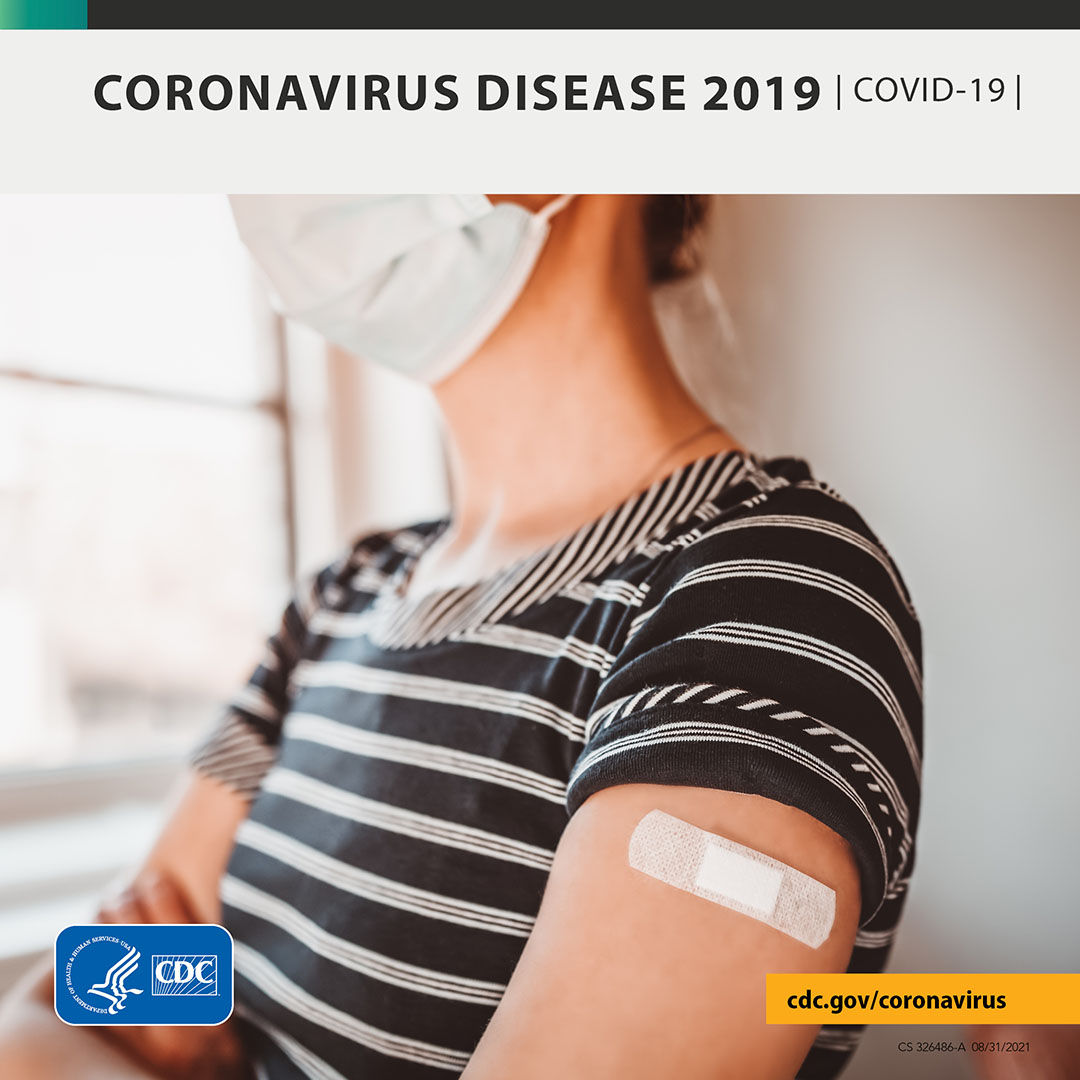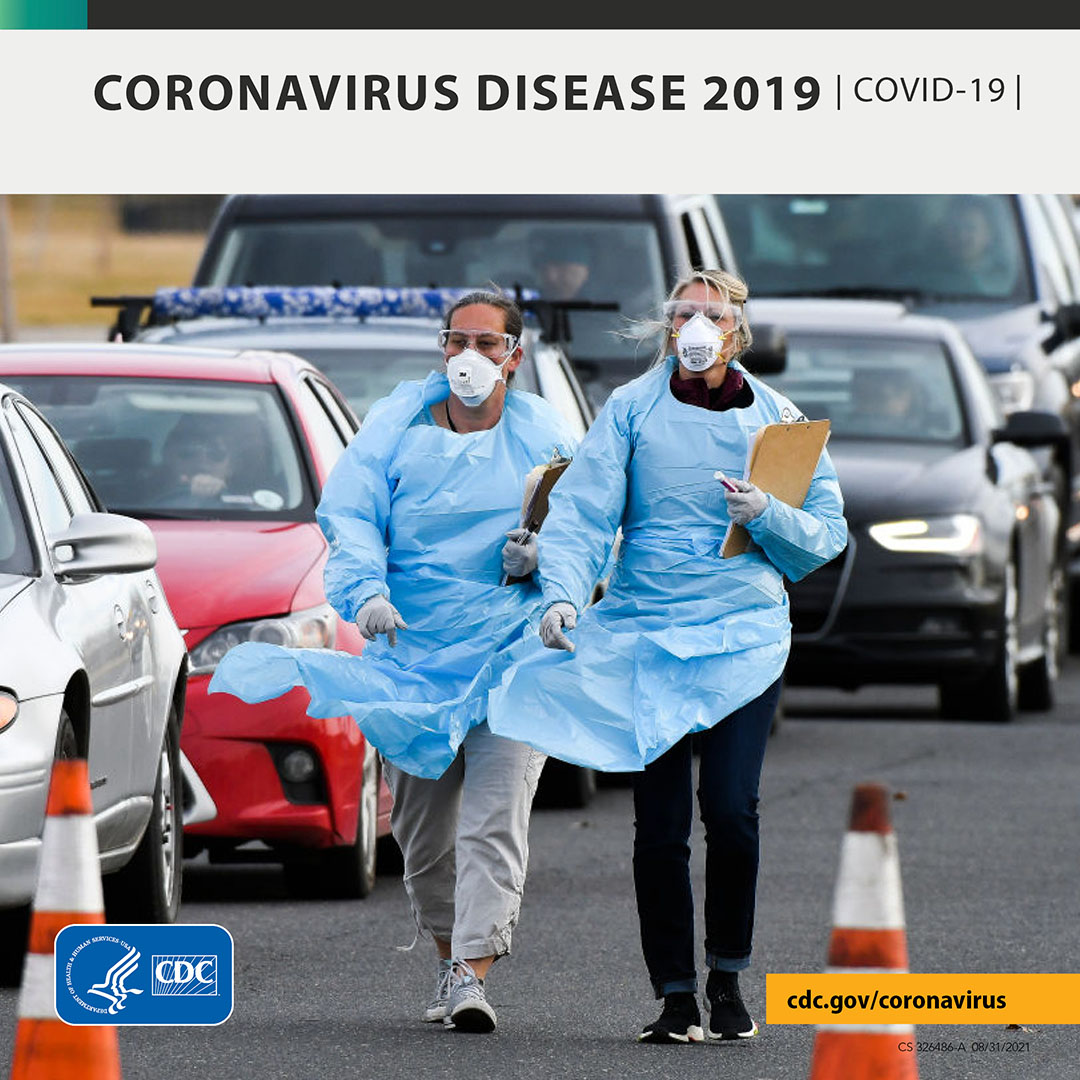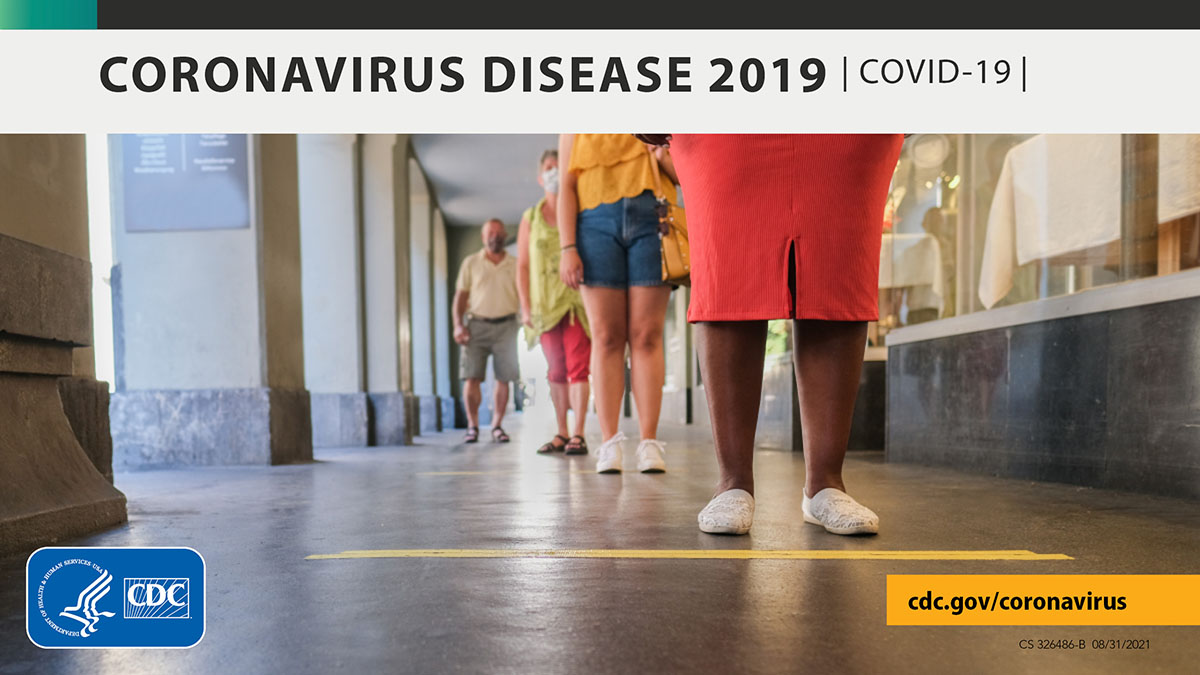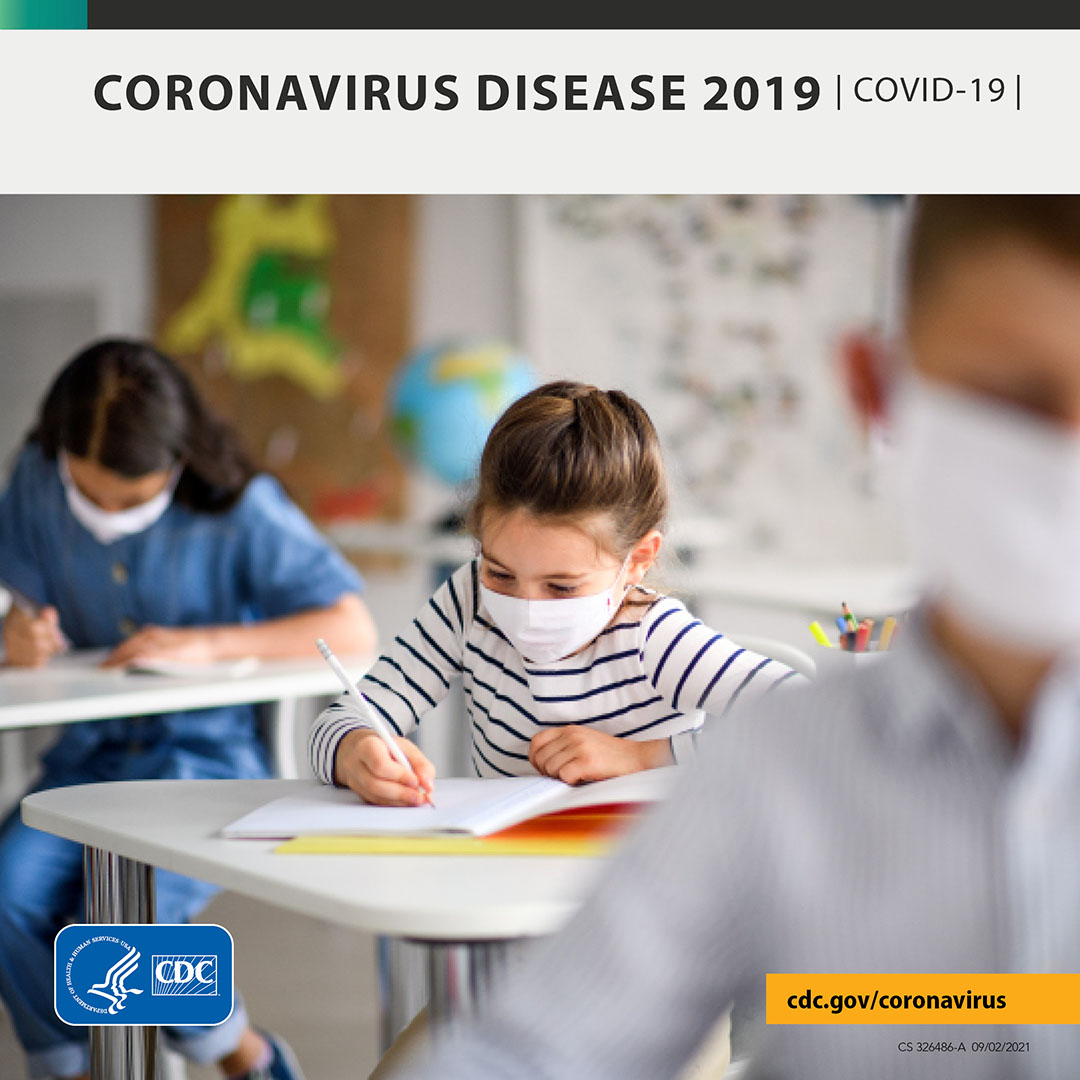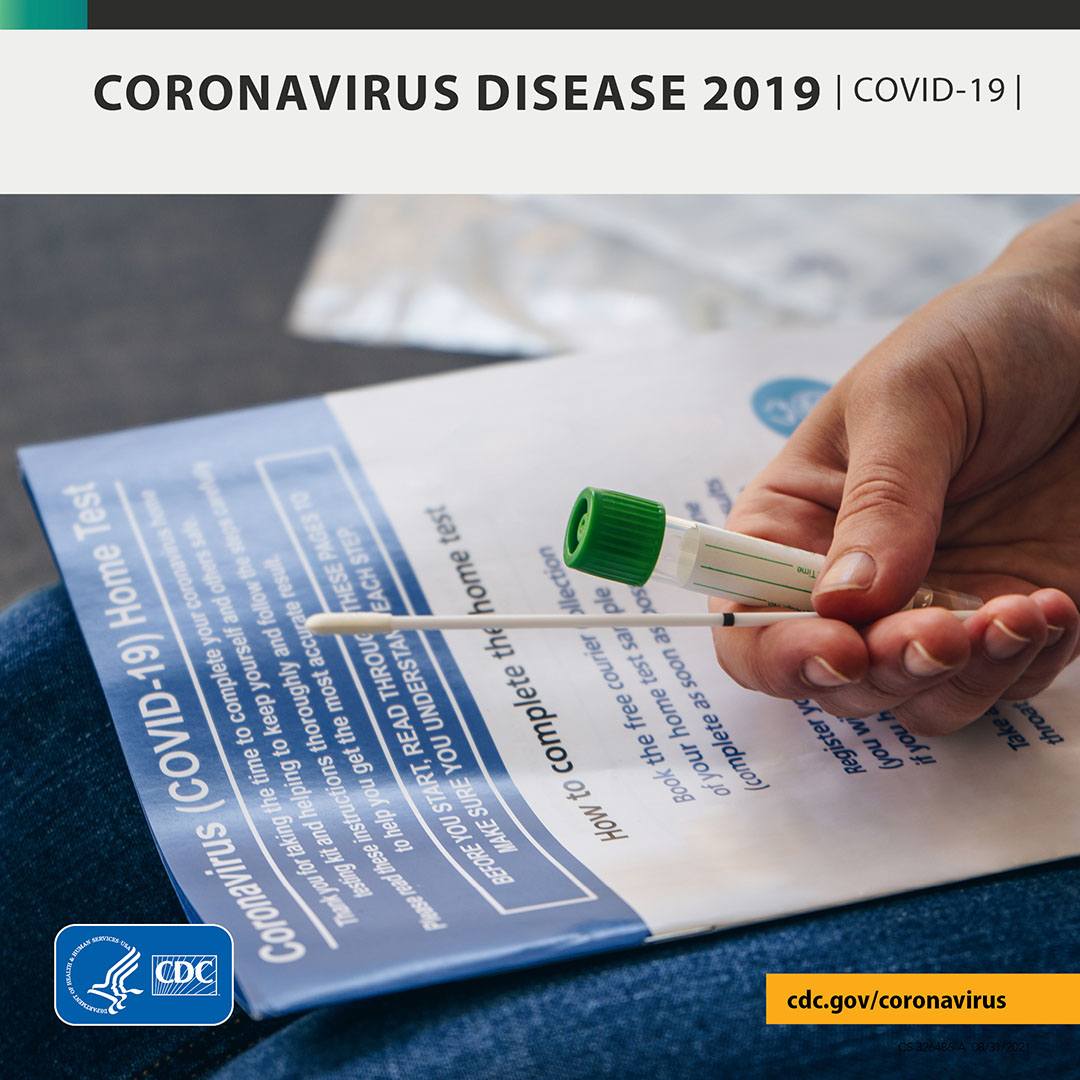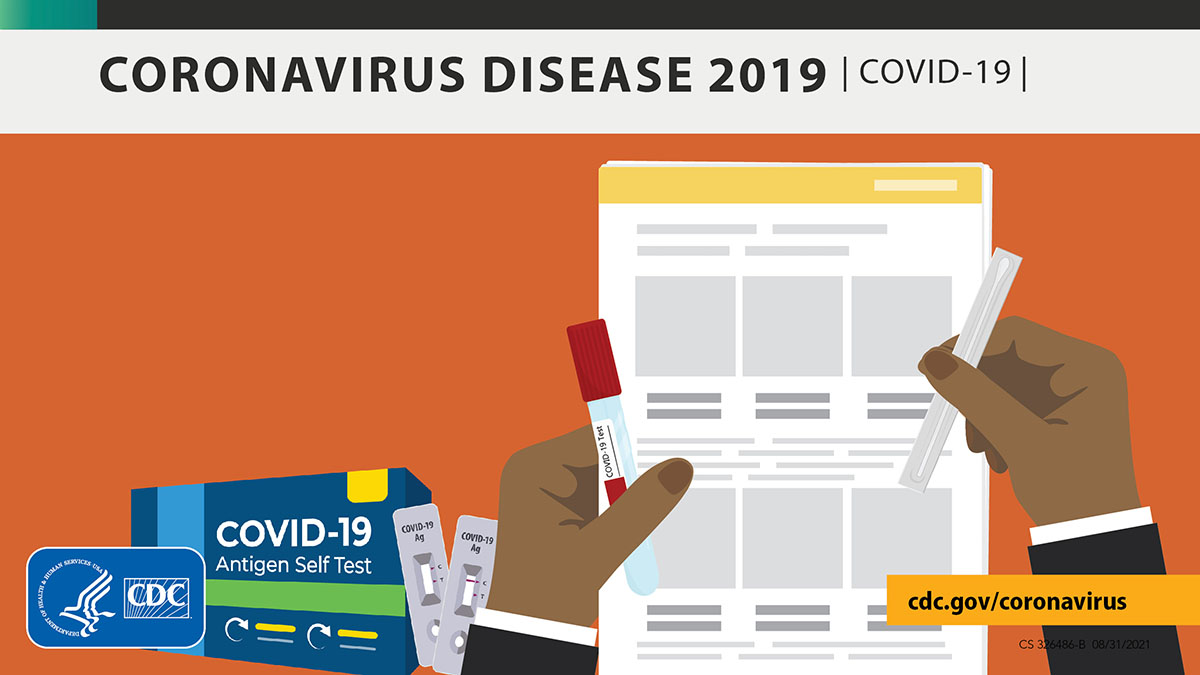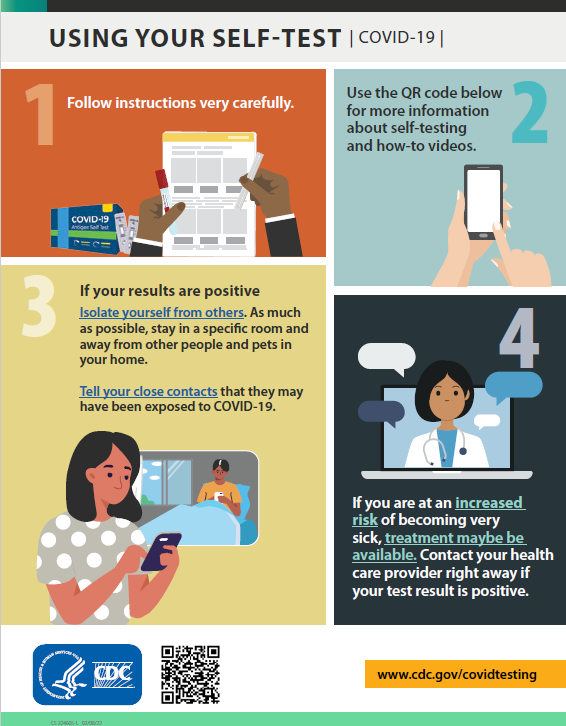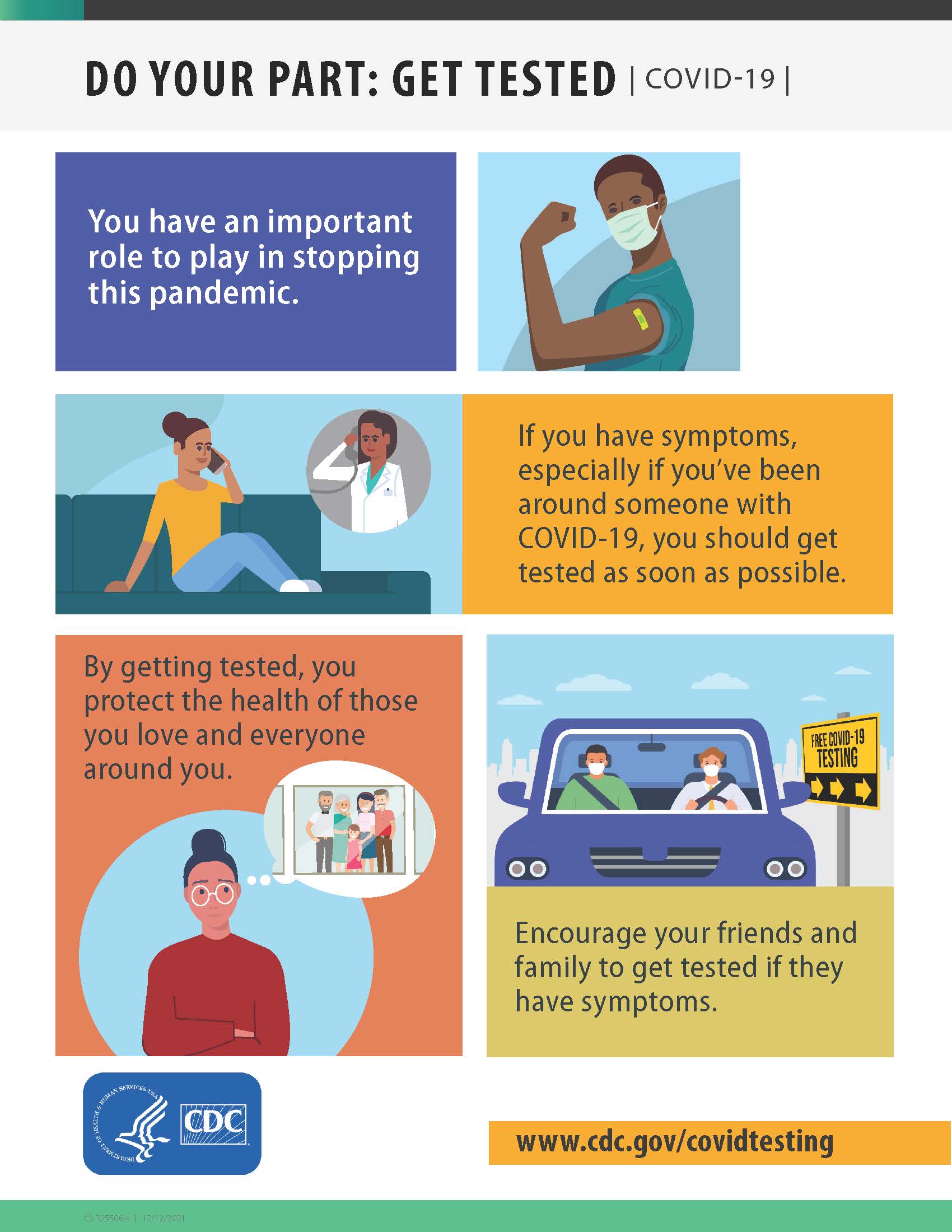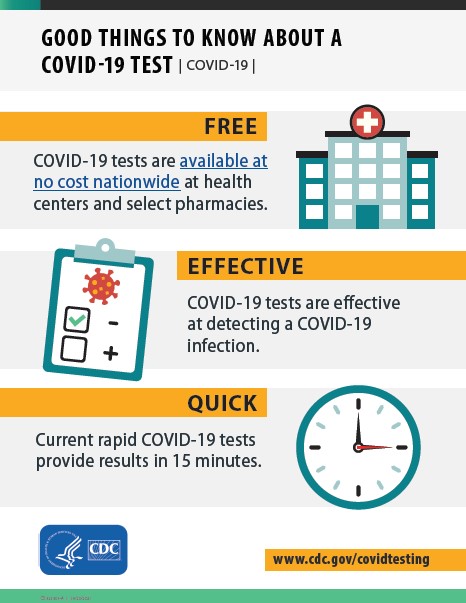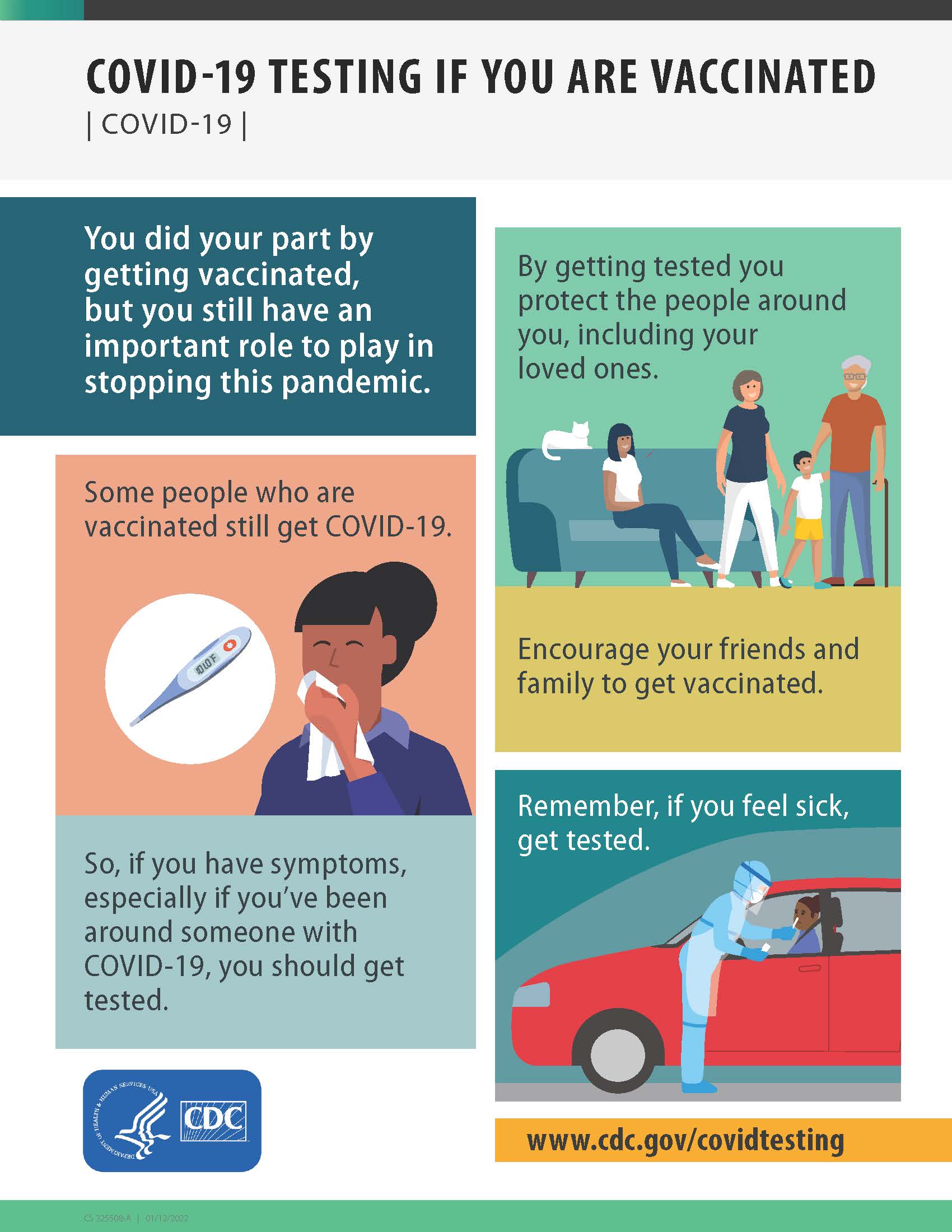Recommendations for Fully Vaccinated People
COVID-19 Homepage
Testing Communication Toolkit
The COVID-19 Testing Communication Toolkit provides communication resources about COVID-19 testing, including factsheets and social media. You can use these resources to communicate in your community.
Facebook Sample Messages
Did you know? Payment is no obstacle to getting tested for COVID-19. Even if you’re uninsured, you can get tested at no cost at a public health lab. Ask your local health dept. for more info. Even if fully vaccinated, get tested if you have symptoms of COVID-19. If you’re unvaccinated, get tested if you have symptoms, have been around someone with COVID-19, or have taken part in mass gathering, travel or other activities that make physical distancing difficult.
Worried about the cost of a #COVID19 test? Tests run by public health labs are 100% covered, regardless of whether you have insurance. Uninsured patients may still be charged fees for associated care, so be sure to ask your local health dept. about getting tested at a public lab where all costs will be covered, including associated care.
Twitter Sample Messages
#DYK? You can get tested for #COVID19 at no cost. Be sure to ask your local health dept. about getting tested at a public lab where all costs will be covered, even if you’re uninsured. Find your local health dept here: CDC – Health Department Directories – STLT Gateway
#DYK? Payment is no obstacle to getting tested for #COVID19. Even if you’re uninsured, you can get tested at no cost at a #publichealth lab. Ask your local health dept. for more info & remember, even if you’re fully vaccinated, get tested if you have symptoms.
Facebook Sample Messages
Did you know? There are two types of tests that detect a current COVID-19 infection: a nucleic acid amplification test (NAAT) and an antigen test. The NAAT detects the genetic material of the virus that causes COVID-19, and the antigen test detects a protein on the surface of the virus. Both tests are effective, safe, and critical to stopping this pandemic. If you have symptoms, you should get tested even if you’ve been vaccinated. Learn how to get tested here: CDC.gov/covidtesting
Q: Are COVID-19 tests accurate?
A: Yes. COVID-19 tests are effective at detecting a COVID-19 infection. Like any diagnostic test, COVID-19 tests rarely can give false results, but the likelihood of an inaccurate result is low. If you have symptoms, get tested so you know for sure. COVID-19 testing is a critical tool for protecting others and stopping this pandemic.
Twitter Sample Messages
#DYK? COVID-19 tests are safe, effective, and critical to stopping the spread of #COVID19. If you have symptoms, you should get tested even if you’ve been vaccinated. Learn more: #GetTested CDC.gov/covidtesting
#FridayFact: COVID-19 tests are effective & crucial to protect others. #GetTested if you have symptoms, even if you’re vaccinated. If you’re not vaccinated, also get tested if you’ve had close contact w/ someone who has #COVID19, even if you’re not sick.
Facebook Sample Messages
Did you know? COVID-19 vaccines will not cause you to test positive for COVID-19 if you’re tested for a current infection. If you receive an antibody test for a past infection, you may get a positive result because you have developed an immune response to the vaccine, which is the goal of vaccination. If you have symptoms, get tested regardless of whether you’re vaccinated. If you’re not fully vaccinated, you should also get tested if you’ve been around some with COVID-19, even if you don’t have symptoms. Learn more: CDC.gov/covidtesting
Q: Should I still get tested for COVID-19 if I’ve been vaccinated?
A: Yes, in certain situations. If you’re fully vaccinated, get tested for COVID-19 if you have symptoms – especially if you’ve been around someone who is sick – or if you live or work in a group setting, like a correctional facility, and have been around someone with COVID-19.
Twitter Sample Messages
#DYK? If you are fully vaccinated for #COVID19, you should still get tested if you have symptoms, especially if you’re recently been around someone with COVID-19. Vaccines will not cause you to test positive on a viral test. Learn more: CDC.gov/covidtesting
#DYK? COVID-19 vaccines will not cause you to test positive on viral tests, which are used to see if you have a current infection. If you have symptoms, get tested even if you’re fully vaccinated. Learn more: CDC.gov/covidtesting
Has it been 2 weeks since your last #COVID19 shot? You still have an important role to play in stopping this pandemic. Encourage your friends & family to get vaccinated and, remember, if you have symptoms, you should still get tested. Learn more: CDC.gov/covidtesting
#FridayFact: #COVID19 tests are available and still important, even if you’ve been vaccinated. If you’re fully vaccinated, still get tested if you have symptoms – especially if you’ve been around someone who is sick. Learn more: CDC.gov/covidtesting
Facebook Sample Messages
One of the best ways to protect your loved ones from COVID-19 is to get tested if you have symptoms, regardless of your vaccination status. You can take steps to protect yourself while you’re waiting to get tested. Wear a mask, stay 6 feet from others and wash your hands often. Learn more: CDC.gov/covidtesting
Concerned about getting #COVID19 at a testing site? Don’t let that stop you from getting tested. Testing is still an essential tool in ending this pandemic and protecting others. You can take steps, like wearing a mask and distancing, to protect yourself at testing sites. Also, at-home testing is now an option. Learn more about at-home testing: https://www.cdc.gov/coronavirus/2019-ncov/testing/self-testing.html
Twitter Sample Messages
Worried about getting #COVID19 at a testing site? You can take steps to protect yourself. Wear a mask, stay 6 ft from others, wash your hands. If you have symptoms, getting tested is critical to stop the spread & protect your loved ones. Don’t wait. #GetTested
If you have #COVID19 symptoms, get tested – even you’re fully vaccinated. If you’re not vaccinated, also get tested if you’re around someone who’s sick, have traveled, or been in a crowd. You can protect yourself at testing sites. Wear a mask, stay 6 ft from others, wash your hands.
Facebook Sample Messages
Are you concerned about COVID-19 testing in your child’s school? It’s normal to have concerns since this is an adjustment for schools across the country. Testing is safe, effective and an important tool to protect your child, yourself, and your family. While fewer children have been sick with COVID-19 compared to adults, children can get COVID-19 and can spread it to others. It’s vital that schools are open and as safe as possible. Testing helps ensure that your child’s school can reopen and stay open. Learn more about testing in schools: https://www.cdc.gov/coronavirus/2019-ncov/community/schools-childcare/k-12-childcare-guidance.html#anchor_1625662107144
Are you concerned about COVID-19 testing in your child’s school? It’s normal to have concerns since this is an adjustment for schools across the country. Most school-based testing programs are run by the school, and those who administer the tests are thoroughly trained. Tests are safe, quick and an important way to protect your family and make sure your child’s school stays open. Many children who get COVID-19 have no symptoms, which makes it easier to spread the virus to others. It’s important that you feel confident in allowing your child to take part in school-based testing. Learn more here: https://www.cdc.gov/coronavirus/2019-ncov/community/schools-childcare/k-12-childcare-guidance.html#anchor_1625662107144
Twitter Sample Messages
Concerned about #COVID19 testing in schools? Testing is safe, effective & critical to keep children safe and keep schools open.
Children can get COVID-19 and many have no symptoms, which makes the virus easier to spread. Feel confident about your school’s testing program, and learn more here: https://www.cdc.gov/coronavirus/2019-ncov/community/schools-childcare/k-12-childcare-guidance.html#anchor_1625662107144
Facebook Sample Messages
Want to test yourself for #COVID19 but unsure of how it works? At-home tests come with detailed instructions that show you how to use them step-by-step. Some tests even have apps that guide you & then quickly show you your result. Learn more: https://www.cdc.gov/coronavirus/2019-ncov/testing/self-testing.html
Twitter Sample Messages
#DYK? You can get tested for #COVID19 without leaving home and in less time than it takes to watch your favorite sitcom! At-home tests come with detailed instructions, so you can be sure you’re performing your test correctly. Learn more about self-testing: https://www.cdc.gov/coronavirus/2019-ncov/testing/self-testing.html
#COVID19 testing is crucial to protect the health of those you love and everyone around you. Get tested if you have symptoms – you don’t even have to leave home. At-home tests are fast, easy to use & come with everything you need, including a guide. More: https://www.cdc.gov/coronavirus/2019-ncov/testing/self-testing.html



